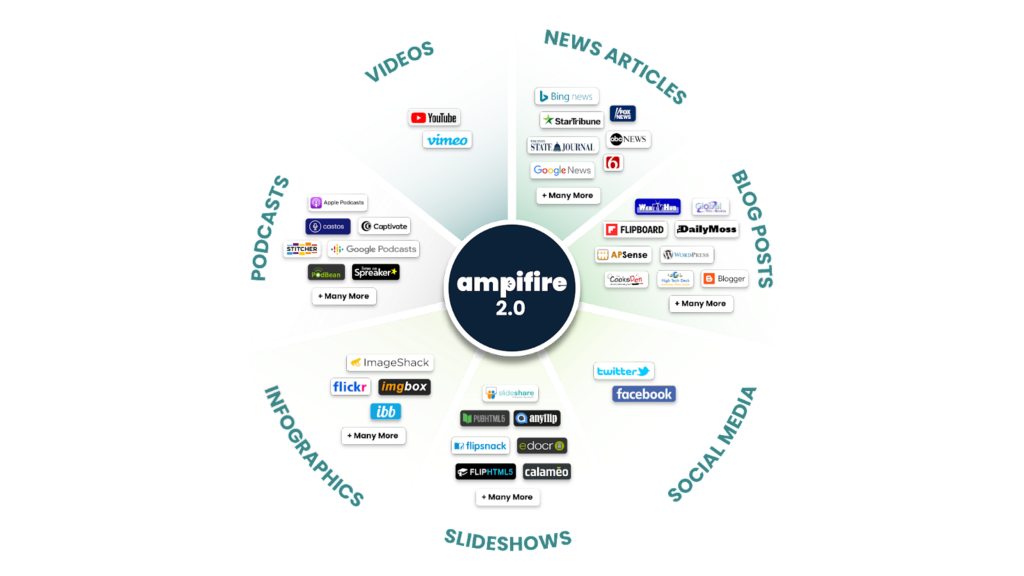
Mediterranean Diet Industry At-a-Glance
First and foremost, the Mediterranean diet is about enjoying whole foods – think fruits, vegetables, whole grains, and healthy fats like olive oil. Fish and poultry are in, while red meat takes a back seat. Now, let’s dive into the world of Mediterranean diet resources that can help you start or maintain this wholesome way of eating.
Top Mediterranean Diet Publications
There are several publications that are known for their reliable and engaging content on the Mediterranean diet. These publications often feature articles by nutritionists, recipes by chefs, and the latest scientific studies that support the diet’s benefits. They are invaluable resources for both beginners and seasoned followers of the Mediterranean diet. Here are a few you should consider following:
| No. | Name | Brief Overview | Topics Covered | Domain Authority | Language | Location |
|---|---|---|---|---|---|---|
| 1 | The Nutrition Source – Harvard T.H. Chan School of Public Health | Provides an in-depth review of the Mediterranean diet, emphasizing its impact on heart disease, depression, and dementia. | Mediterranean diet, health benefits, dietary traditions | 69 | English | Global |
| 2 | The Kitchen Chalkboard | Curates a list of the best Mediterranean diet cookbooks. | Mediterranean diet recipes, cooking tips | 33 | English | Global |
| 3 | Ottolenghi: The Cookbook | A highly acclaimed cookbook by Yotam Ottolenghi, featuring elegant appetizers, bread, main courses, and desserts. | Mediterranean cuisine, recipes | 35 | English | Global |
| 4 | BMC Medicine – Definitions and potential health benefits of the Mediterranean diet | Explores the health benefits of the Mediterranean diet and its variations across geographical settings. | Mediterranean diet, health effects | 59 | English | Global |
| 5 | MDPI – The Mediterranean Diet and Nutritional Adequacy | Reviews the nutritional adequacy of the Mediterranean diet. | Mediterranean diet, nutrition | 92 | English | Global |
| 6 | Harvard Health – Guide to the Mediterranean Diet | Offers guidance on adopting the Mediterranean diet for better health. | Mediterranean diet, healthy eating | 93 | English | Global |
| 7 | Cambridge University Press – Med Diet 4.0 | Introduces the Med Diet 4.0 framework, emphasizing sustainability and health benefits. | Mediterranean diet, sustainability | 93 | English | Global |
Top Mediterranean Diet Journalists
Journalists who specialize in nutrition and health can provide a unique perspective on the Mediterranean diet. They’re on the front lines, reporting on new studies and trends, and they often have access to top experts in the field. These journalists are known for their engaging writing styles and their ability to break down complex nutritional information into advice that’s easy to understand and follow. They’re the go-to sources for the latest in food science as it relates to the Mediterranean diet. Here are some journalists whose work you might want to follow:
| No. | Name | Brief Overview | Topics Covered | Location |
|---|---|---|---|---|
| 1 | Meaghan Harmon | Editor and expert reviewed | Mediterranean diet advice | United States |
| 2 | Mascha Davis, M.P.H., R.D.N. | Nutrition expert | Health benefits, meal planning | United States |
| 3 | Harvard Health | Health institution | Practical guide to Mediterranean diet | United States |
| 4 | U.S. News & World Report | Media outlet | Rankings, meal plans, reviews | United States |

Leading Voices in Mediterranean Diet: A Comprehensive Wrap-Up of Top Publications and Journalists
Most importantly, as we look towards the future of Mediterranean diet advocacy, we anticipate a greater emphasis on community and culture. The diet’s roots are steeped in the social and communal aspects of eating — sharing meals with family and friends is central to the lifestyle. Therefore, we can expect to see a push towards not just eating the Mediterranean way, but living it, fully embracing the social joys and cultural richness that come with this way of life.

If you’re a nutritionist, a chef, or a health coach passionate about the Mediterranean diet, building a strong online presence is crucial. That’s where AmpiFire comes in. AmpiFire offers a crucial service for efficiently distributing press releases. With its content amplification platform, you can spread your message far and wide, ensuring that your insights into the Mediterranean diet reach the people who need them most. From creating engaging content to boosting your visibility on social media, AmpiFire.com can help you become a leading voice in the Mediterranean diet space.
Interested in enhancing your digital marketing impact?
Discover the transformative power of AmpiFire for your press releases. AmpiFire specializes in creating compelling headlines and fine-tuning your content for broader dissemination. Experience unmatched exposure across major platforms including Google News, YouTube, SlideShare, Apple Podcasts, and beyond, ensuring your message reaches the top media sites and garners the visibility it deserves.
Click Here To Learn More
Frequently Asked Questions (FAQ)
The Mediterranean diet is a way of eating based on the traditional cuisine of countries bordering the Mediterranean Sea. It emphasizes consumption of fruits, vegetables, whole grains, legumes, nuts, and seeds. Olive oil is the primary source of added fat, and the diet includes moderate amounts of fish and poultry, with limited intake of dairy products, red meat, and sweets.
Extensive research has shown that the Mediterranean diet can lead to a lower risk of heart disease, stroke, type 2 diabetes, and certain types of cancer. It is also associated with a reduced risk of Alzheimer’s and Parkinson’s diseases and may lead to a longer lifespan. The diet’s focus on plant-based foods, healthy fats, and lean proteins contributes to its health benefits.
Starting the Mediterranean diet is a straightforward transition towards a healthier lifestyle that focuses on incorporating a variety of fruits and vegetables into every meal, choosing whole grains over refined ones, and using olive oil as the primary fat source. It encourages consuming fish and poultry regularly while limiting red meat intake. Legumes are recommended for their protein and fiber content, and nuts and seeds are preferred for snacking. Seasoning foods with herbs and spices instead of salt is also emphasized. This diet is not only about making healthier food choices but also about adopting a wholesome approach to eating that is both sustainable and beneficial for overall health.
Yes, there are several experts and journalists who provide valuable information about the Mediterranean diet. Some notable names include Jane E. Brody of The New York Times, Ellie Krieger of The Washington Post, and Lisa Elaine Held of Well+Good. Additionally, publications such as EatingWell, Cooking Light, and Prevention magazine offer extensive coverage of the diet.
Absolutely. The Mediterranean diet is versatile and can be adapted for vegetarian, vegan, or gluten-free needs. It’s all about the core principles of the diet—plant-based foods, whole grains, healthy fats, and lean proteins. With some adjustments, such as replacing animal proteins with plant-based alternatives, anyone can enjoy the benefits of the Mediterranean diet.
